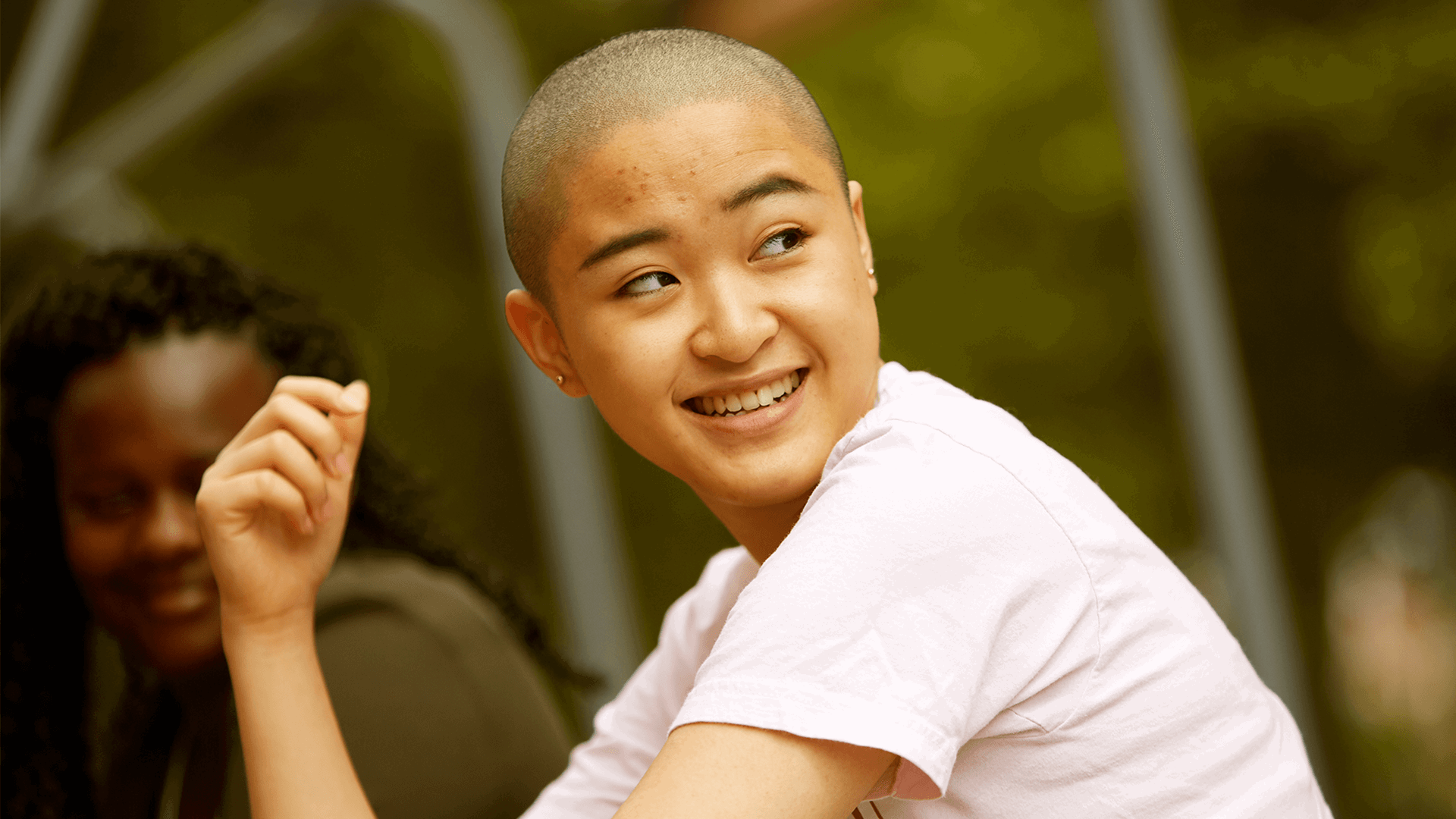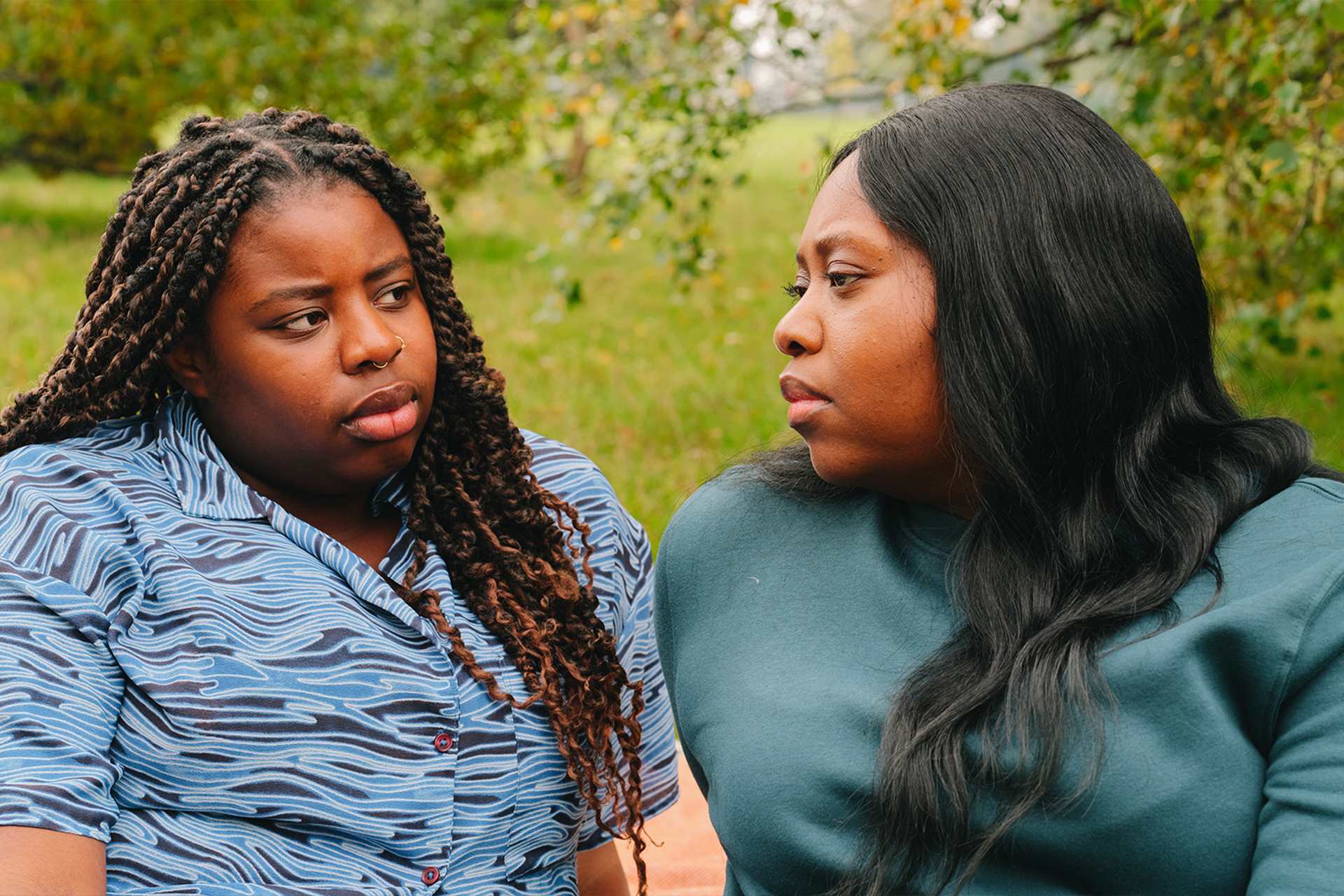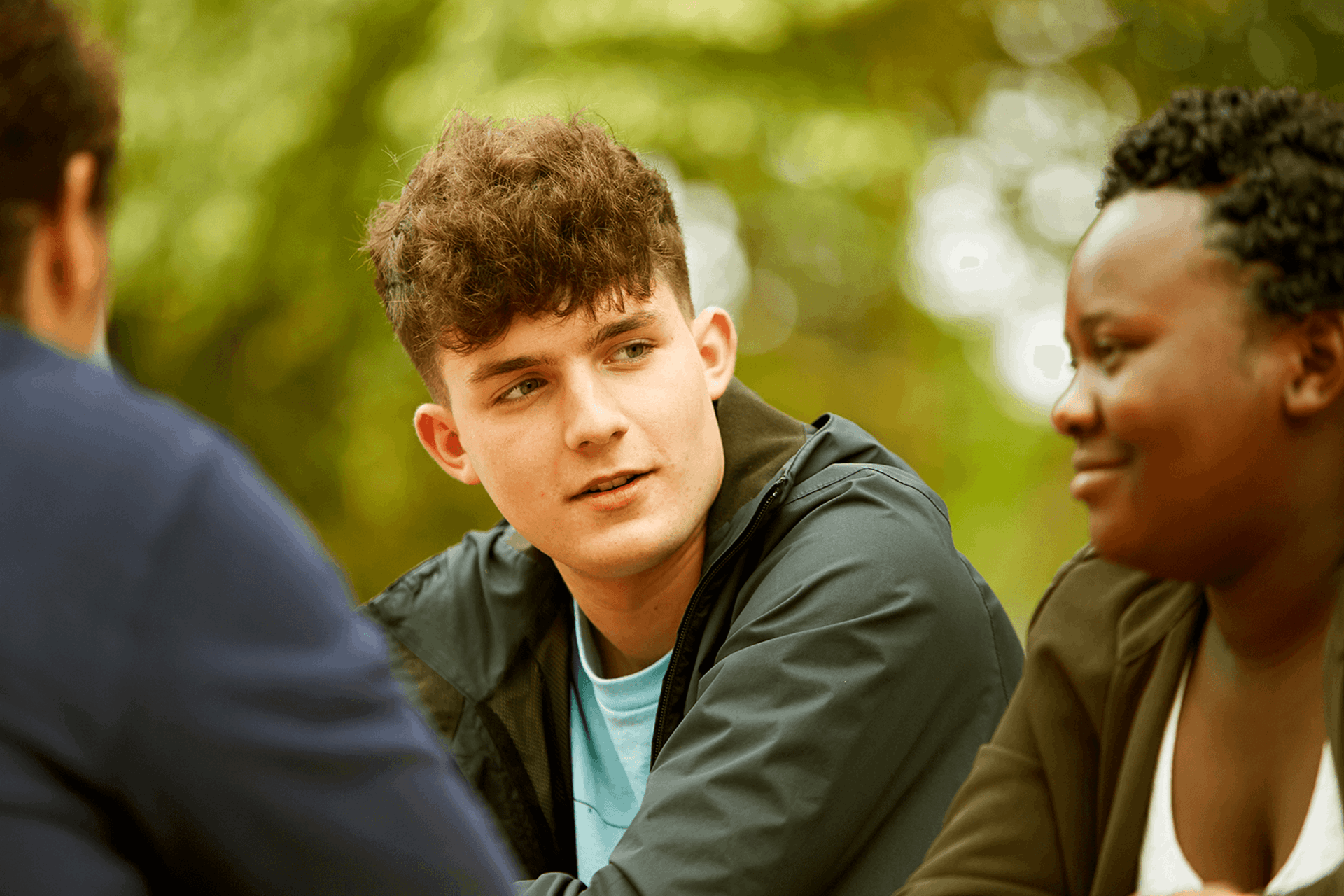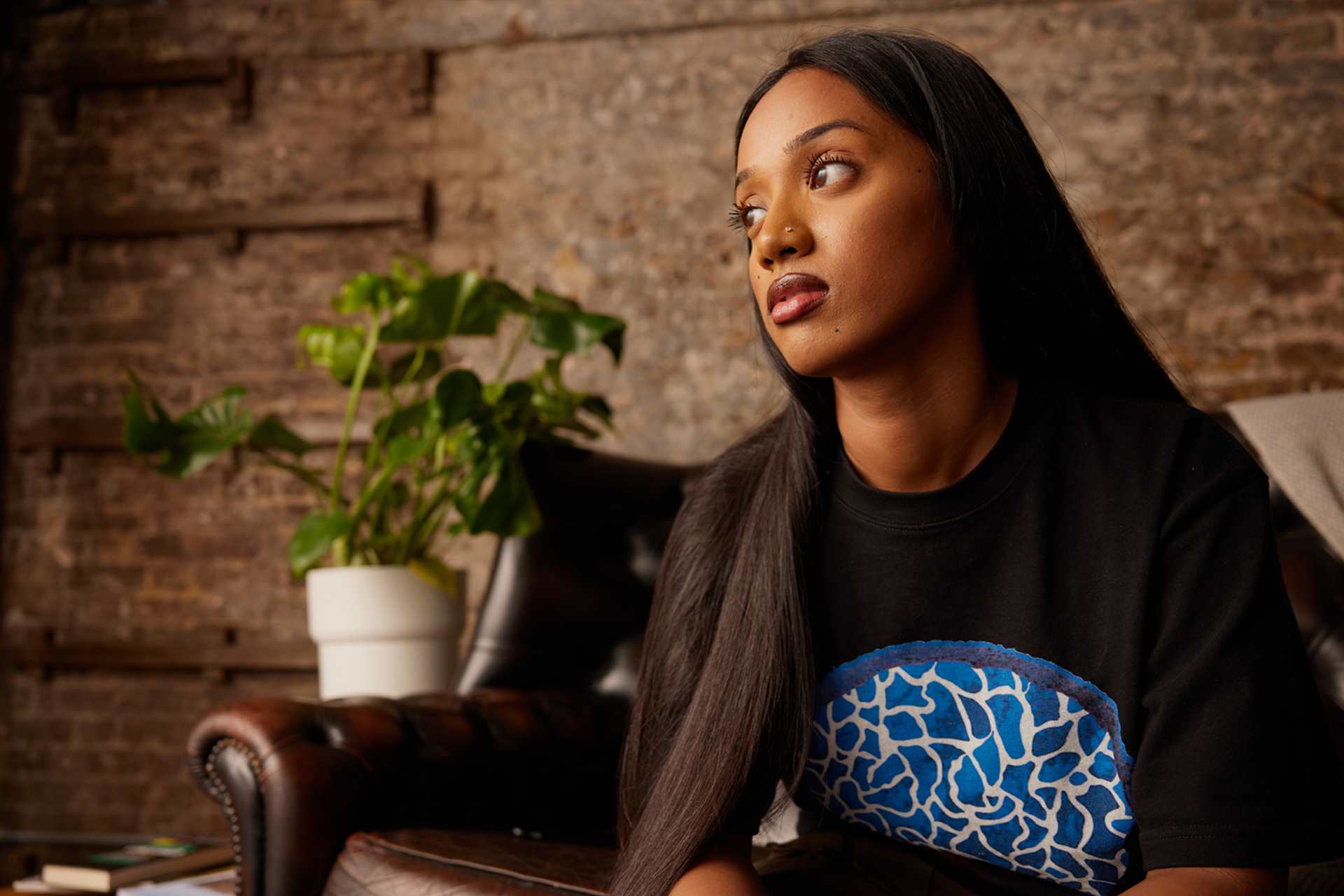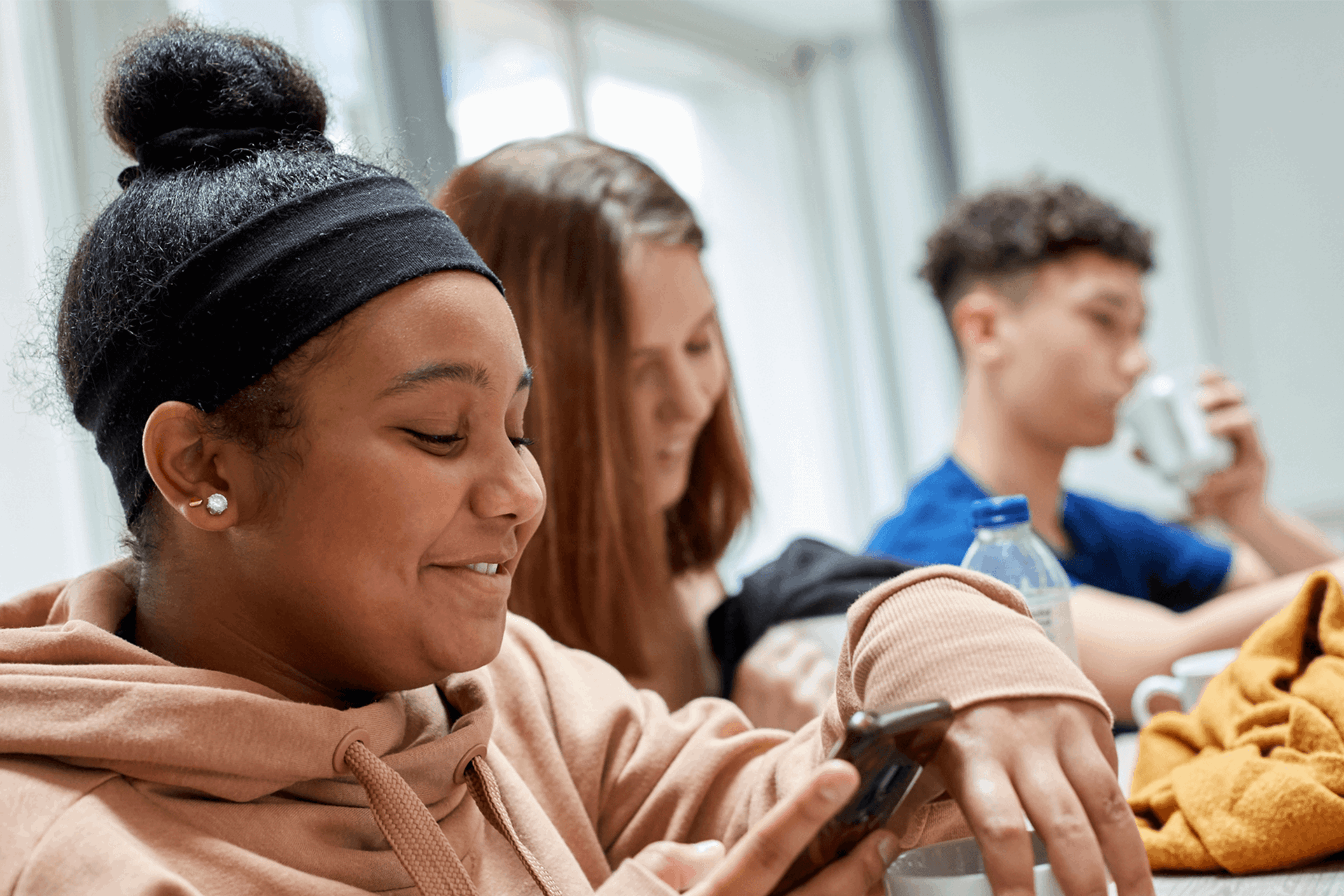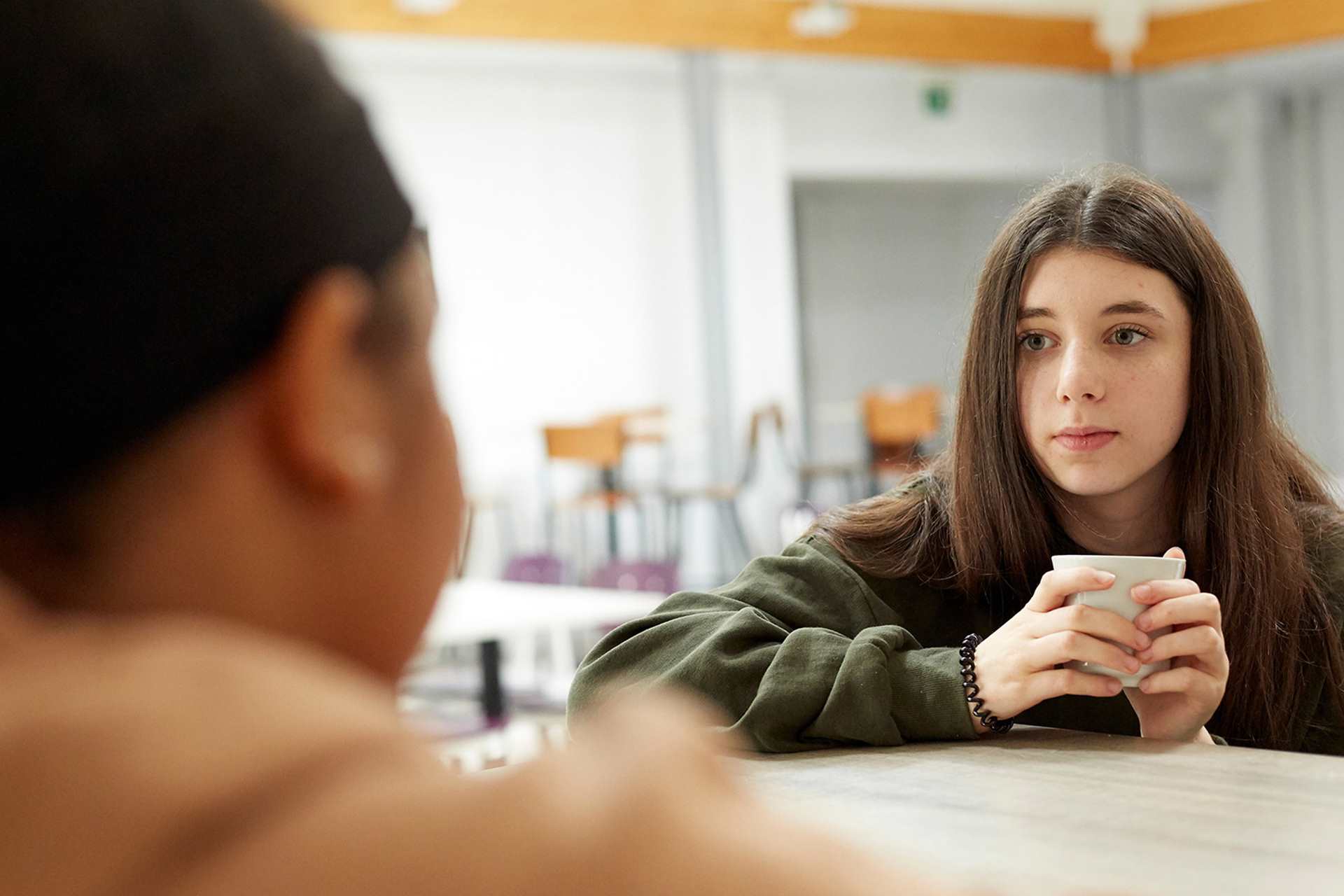Topics mentioned: ADHD and mental health
About: Lottie, 18, explores the impact of being diagnosed with ADHD as a young woman, highlighting the challenges of late diagnosis, the pressure to mask symptoms, and how understanding ADHD can transform your mental health.
“Well, I’ve never failed a test in my life!”, I joked as I was shown my assessment results.
I was sitting in the same office I had been in a year prior, with the same people: my psychiatrist, my parents and me. Except back then, I was discussing treatment options after my fourth visit to A&E for a mental health crisis. I hadn’t been to school in over a week, and was really struggling with my emotions, anxiety and self-esteem.
My perspective changed when I decided to accept my diagnosis as a fresh start in my mental health journey.

For any medical diagnosis, there are a lot of emotions that arise. Shock, relief, disappointment, confusion. It can be really challenging. When I got my ADHD diagnosis, I didn’t know how to feel. I remember my psychiatrist feeling optimistic, and my mum was brought to tears with relief.
Personally, I was relieved and hopeful for my future treatment. But I was also frustrated and confused. How had I been in mental health services since I was 11, but only diagnosed with ADHD at 17? How did it not come up sooner?
I began to wonder if my mental health struggles would have been any different and mourn for a completely different version of my life. Perhaps I wouldn’t have suffered with self-harm and suicidal thoughts. Maybe I wouldn’t have missed out on social events and so much school – on so much of life – if I had had access to the correct support and understood myself better.
My perspective changed when I decided to accept my diagnosis as a fresh start in my mental health journey. Instead of it being a symbol of what could have been, I knew I was lucky to get diagnosed at 17 as a woman, and this meant that so many more doors were now open for me.
But the likelihood is that if I were assigned male at birth, I would probably have been diagnosed a lot sooner.
It was generally accepted that fewer girls had ADHD, when actually we’re just more likely to present differently from this stereotype.
How we think and talk about ADHD has changed a lot in the last few years. Just a few years ago, when someone mentioned ADHD, I would immediately think of hyperactive, little boys. It was generally accepted that fewer girls had ADHD, when actually we’re just more likely to present differently from this stereotype.
But despite a rise in ADHD diagnoses and a change in attitude, there are still a lot of harmful stereotypes and misconceptions about ADHD. When I began to open up about my diagnosis, I was met with:
-
‘There’s no way you have ADHD!’
-
‘But you are always so organised!’
-
‘But it can’t be ‘that’ severe?’
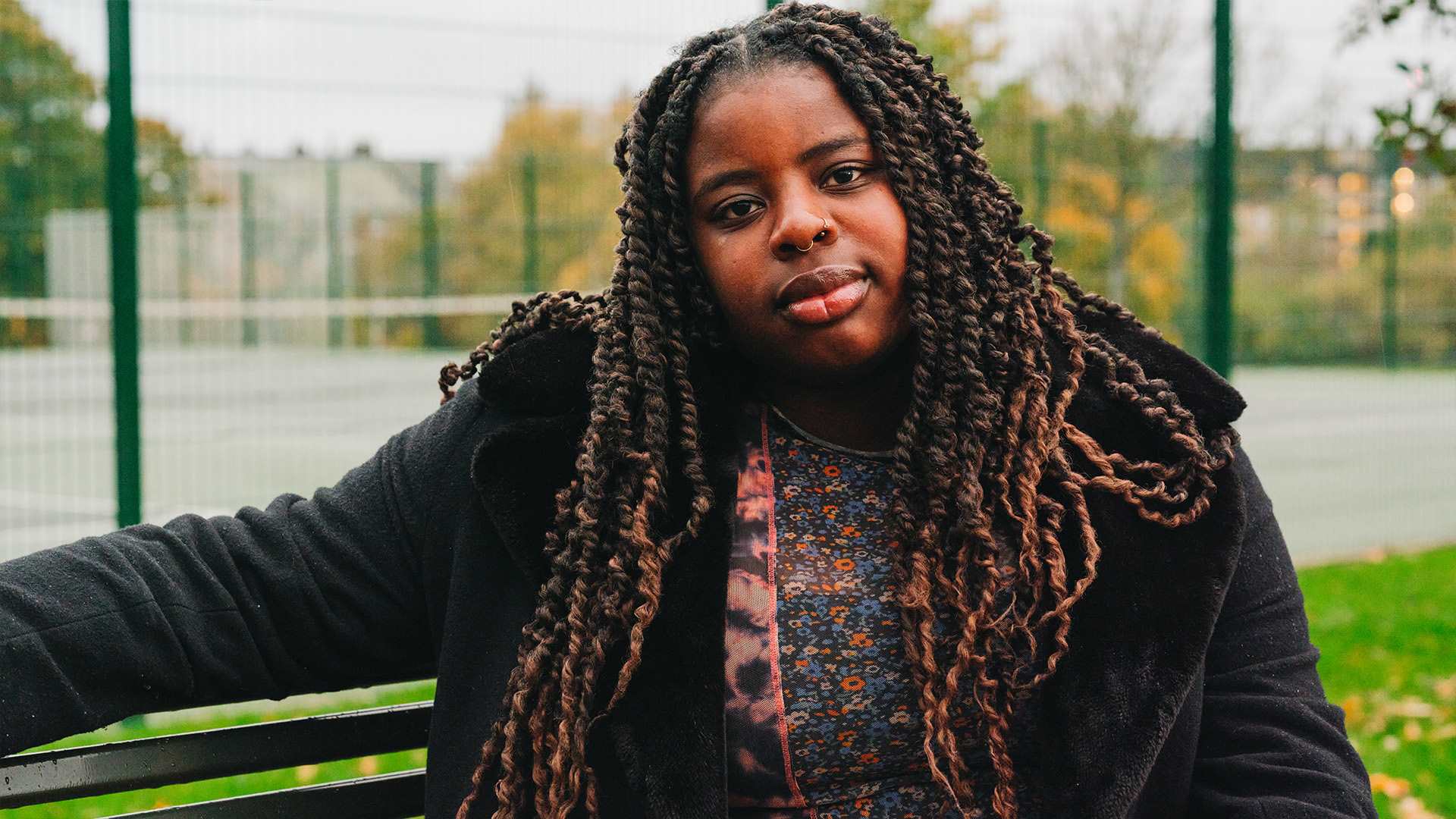
Because of online misinformation and lack of understanding, a lot of harmful stereotypes and misconceptions about ADHD are still around, even though there’s been a rise in diagnosis. People think we:
- are lazy and unorganised
- are less intelligent
- can’t stick to deadlines
I began to let these comments and stereotypes affect me.
Even with my diagnosis, I questioned it. Maybe I didn’t have ADHD…? I achieved top grades, had never missed a homework deadline, and was never in trouble at school. Not only did I feel ashamed about my diagnosis, I also began to feel like I was broken. That instead of having ADHD, there was just something wrong with me.
As women, we are conditioned to be hyper aware of our surroundings from a young age. If you present symptoms of ADHD, this has negative connotations that are deep-rooted in gender stereotypes and the patriarchy:
-
Being outspoken isn’t a sign of ‘leadership’ but instead of being ‘bossy’.
-
Being talkative isn’t ‘charming’ but instead makes you ‘gabby’, or ‘nagging’.
-
Fidgeting is ‘un-ladylike’, whereas for young boys it is acceptable.
-
Daydreaming makes you ‘scatter-brained’ rather than ‘imaginative’.
-
Having strong emotional reactions makes you ‘hormonal’ or ‘too sensitive’.
The language used from a young age, particularly towards young girls, accidentally pushes the notion that women are meant to be ‘submissive’ and ‘well-behaved’. For those of us with ADHD, we are taught that our symptoms aren’t ‘polite’ or ‘ladylike’.
This causes a lot of young women and girls to mask. This is when you learn techniques and coping strategies used to conceal or diminish your genuine thoughts, emotions or desires. Most of the time, I don’t even realise I am masking, and I learned to do it by accident. I just wanted to fit in and not get into trouble. But I did this by concealing my authentic self and hiding elements of my personality.
In the long term, this masking made me feel isolated, like nobody understood me. For me, it led to burn out and low self-esteem. I didn’t know a big part of how my brain works and what was contributing to my poor mental wellbeing.
The language used from a young age, particularly towards young girls, accidentally pushes the notion that women are meant to be ‘submissive’ and ‘well-behaved’.
But ultimately, my ADHD diagnosis saved my life. Not only realising why I am how I am and not being ashamed of it, but being given access to the correct treatment. I was given medication that meant I could focus better in school and at work, which in turn helped my self-esteem. I was able to learn techniques to tackle emotional dysregulation, which was no longer treated as ‘sensitivity’ or ‘over-reacting’. Since my diagnosis, I was able to leave therapy and go to university. And I haven’t experienced a mental health crisis since.
For those of us that have ADHD, I know it can be challenging to deal with. Some days are better than others, and some days you just wish you could be ‘normal’. But there are positives of ADHD too. I love my ADHD because it means that I have strong emotions and I can connect with my friends easier. I love how chatty it makes me, because I can talk to people and have brilliant conversations with people I never thought I could. I love my ADHD because it makes me more creative, and I think of ideas that no one else will have thought of.
I was able to learn techniques to tackle emotional dysregulation, which was no longer treated as ‘sensitivity’ or ‘over-reacting’.
So, if you’re pondering an ADHD diagnosis, or a diagnosis of any kind, go for it. I know it is a privilege to have a diagnosis in the UK at the minute. But if it is possible, fight for your treatment. A diagnosis won’t ‘fix’ everything or ‘heal’ you, but it’s worth exploring ways to access the kind of support you deserve.
Where to get help
However you're feeling, there are people who can help you if you are struggling. Here are some services that can support you.
-
Childline
If you’re under 19 you can confidentially call, chat online or email about any problem big or small.
Sign up for a free Childline locker (real name or email address not needed) to use their free 1-2-1 counsellor chat and email support service.
Can provide a BSL interpreter if you are deaf or hearing-impaired.
Hosts online message boards where you can share your experiences, have fun and get support from other young people in similar situations.
- Opening times:
- 24/7
